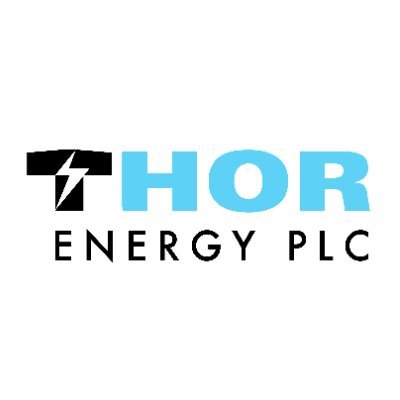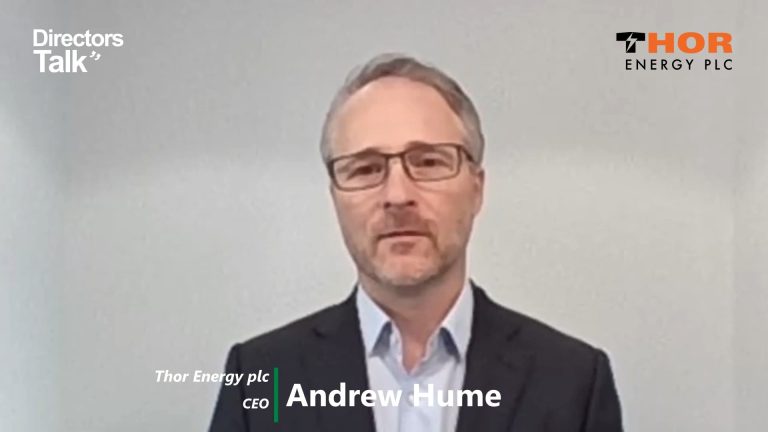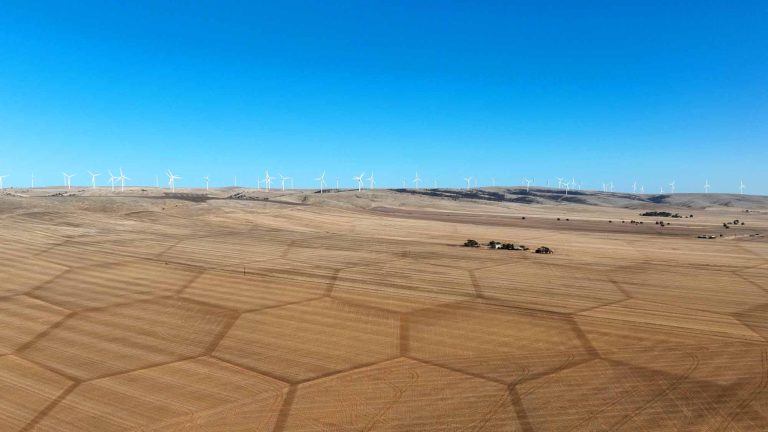Beneath familiar landscapes lie untapped caverns brimming with a gas that could rewrite the rules of energy supply. While attention has long centred on wind turbines and solar farms, a more clandestine resource is stirring investor curiosity.
The notion that hydrogen might emerge as the linchpin of a decarbonised future has driven considerable debate, yet most strategies hinge on splitting molecules with renewable electricity. An alternative is quietly gathering momentum: extracting hydrogen that has lain dormant in rock formations for millions of years. Recent studies suggest these subterranean stores, once dismissed as geological curiosities, could ultimately eclipse conventional reserves in volume and ubiquity.
Early field surveys have identified concentrations of natural hydrogen in peridotite-hosted systems, crystalline basements and sedimentary basins. Unlike conventional hydrocarbons, this hydrogen is produced continually through water–rock interactions, including the alteration of iron-rich minerals. The persistent generation mechanism underpins the idea that these reservoirs can recharge over geological timescales, offering a flow profile more comparable to renewable assets than to depleting oil or gas wells. For investors, the allure lies not just in supply security but in the prospect of production costs anchored by simple drilling and separation processes rather than high-cost electrolysis.
Among the pioneers carving out this new frontier, a handful of explorers are refining techniques to locate and quantify these elusive pockets. Seismic imaging, airborne magnetics and down-hole geochemistry converge to map prospective zones, while pilot wells test rates of flow and purity. Early results have delivered promising yields, with some aquifers producing hydrogen at rates exceeding several hundred cubic metres per day directly to surface, with little or no greenhouse-gas by-products. For long-term investors, these metrics signal both low-emission footprints and a potential path to attractive margins.
Geographical diversity further strengthens the case. From cratonic shields in Africa and Canada to sedimentary platforms in Europe and Asia, prospective targets appear widespread. This contrasts with the regional concentration of nickel or lithium, where supply chains face geopolitical and environmental bottlenecks. Natural hydrogen’s emerging supply map suggests a more balanced footprint, potentially insulating portfolios from single-jurisdiction risks.
The technology stack remains straightforward. After drilling, gas is routed through separation units to strip moisture and impurities, resulting in pipeline-grade hydrogen. Existing gas-treatment facilities can be adapted, reducing capital outlay. Moreover, as the grid evolves to accommodate fluctuating renewable inputs, these wells can serve as a stable mid-stream component, smoothing intermittency and bolstering grid stability.
Those tracking energy transition themes should watch the evolving regulatory backdrop and the pace at which drilling techniques improve yield forecasts. Even modest flow enhancements can tip the economics decisively, given hydrogen’s value in transport, industry and power generation. Meanwhile, alliance-building between technology providers, drilling contractors and offtakers will be critical to stitch together the full value chain from subsurface to pipeline.
Thor Energy PLC (LON:THR) is a leading exploration company focused on natural hydrogen and helium, with a significant footprint in the highly prospective South Australian region.









































